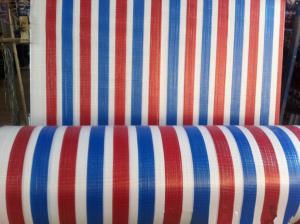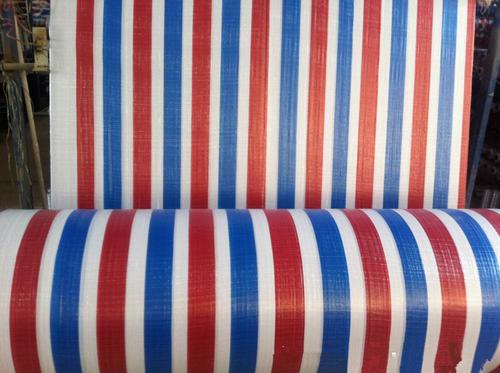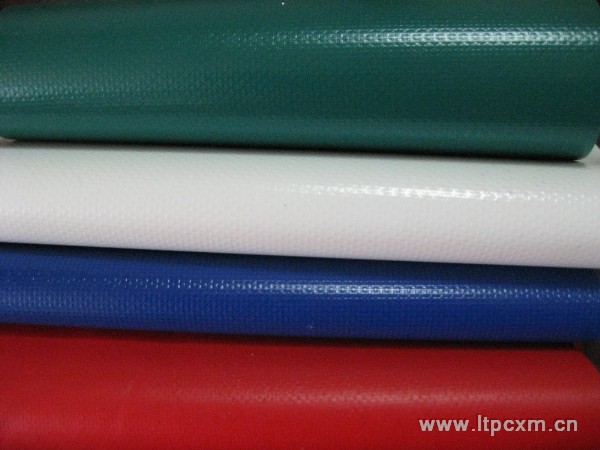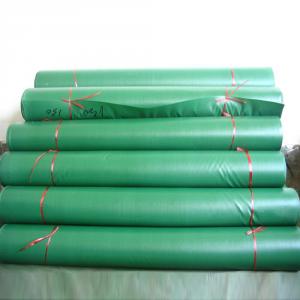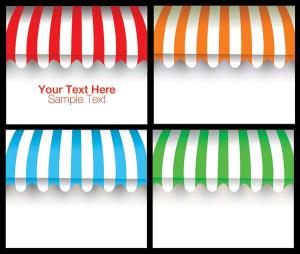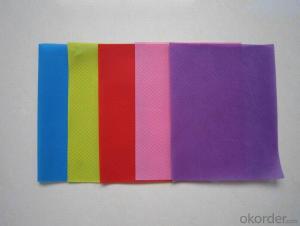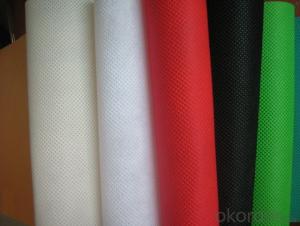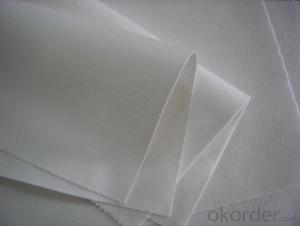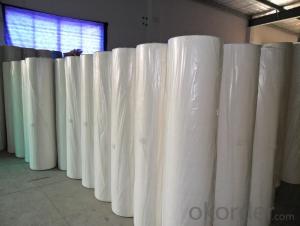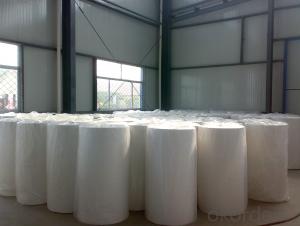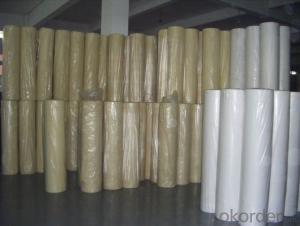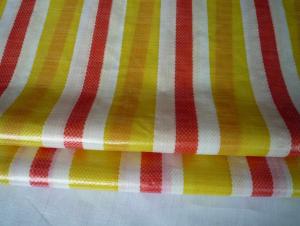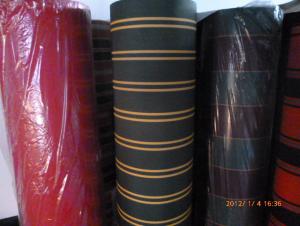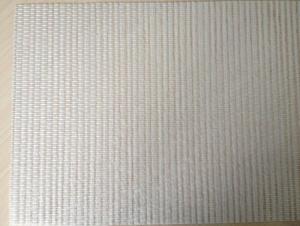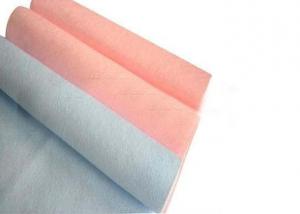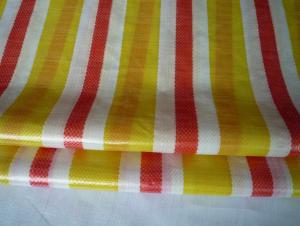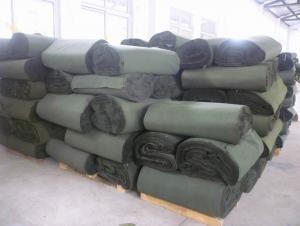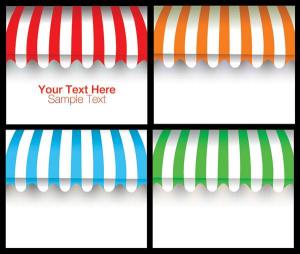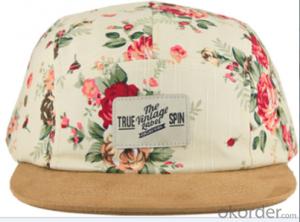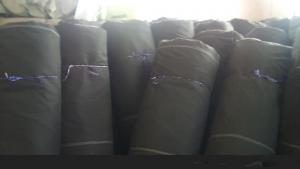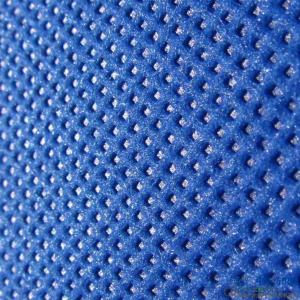WOVEN FABRIC COLOR
- Loading Port:
- China Main Port
- Payment Terms:
- TT OR LC
- Min Order Qty:
- -
- Supply Capability:
- -
OKorder Service Pledge
Quality Product, Order Online Tracking, Timely Delivery
OKorder Financial Service
Credit Rating, Credit Services, Credit Purchasing
You Might Also Like
poly tarp Specification | ||
DENIER MESH | SQ.INCH | WEIGHT |
650-700D | 6 X 6 | 50~60GSM |
700~750D | 7 X 6 | 60~70GSM |
700~750D | 7 X 7 | 80-85GSM |
800~850D | 8 X 8 | 85-90GSM |
850~900D | 10 X 8 | 95-100GSM |
950~1000D | 10 X 10 | 110~140GSM |
1000D | 12 X 12 | 140~150GSM |
1000D | 14 X 14 | 160~200GSM |
1100D | 14 X 16 | 200~220GSM |
1100~1200D | 16 X 16 | 220~240GSM |
1200~1500D | 16 X 18 | 240~260GSM |
* Density/sq. inch: 6x6,7x6, 7x7, 8x7, 8x8, 10x8, 10x10, 12x12, 14x14, 16x16 | ||
| |
- Q: What kind of fiber can be used as textile fiber
- Can be used as textile fibers with natural fibers and chemical fibers. 1, natural fiber source is divided into plant fiber and animal fiber, plant fiber, plant fiber is natural cellulose fiber
- Q: How to reduce the cost of textile yarn dyeing
- Now due to the domestic environmental protection situation is grim, dyeing and finishing agents may temporarily small ups and downs, there will not be a substantial price increases, but also not save
- Q: Are hats a class of textile and apparel products?
- Jewelry and hats to see your sales channels and the market to judge. As far as I know, Chinese jewelry is rarely exported, the quality and color are different, but the Chinese market is the largest
- Q: Processing of textiles, processed products were detected formaldehyde exceeded, how to deal with
- Formaldehyde is volatile, soluble in water substances; according to this feature, so formaldehyde after washing or ventilation will disappear
- Q: What is the textile technology profession now?
- Spinning equipment and technology; the main introduction of the selection of spinning raw materials, cotton spinning process (open, carding, combing, parallel, roving, spun yarn and post-processing) equipment used in the main institutions and functions, Product quality of the advanced experience and the main technology, the typical equipment of the transmission and process calculations; on the basis of the introduction of wool technology, equipment, and a brief introduction to new spinning
- Q: What is eco textile?
- From the perspective of production ecology, control, including from the fiber cultivation, breeding, production to the whole process of product processing on the environment pollution, the product itself is not "pollution"
- Q: Application of Biological Enzyme in Textile Processing
- Hemicellulase, ligninase in the textile processing applications: natural cellulose fibers contain hemicellulose and lignin, especially linen fiber content is high, do not remove hemicellulose and lignin
- Q: What is the specialty of textile science and engineering?
- The research contents of the textile discipline have changed obviously, and the cross and infiltration of the disciplines such as bioengineering, environmental protection engineering and material science engineering have become more and more close.
- Q: "Textile color standard system"
- Because the fabric in the processing and use of the conditions encountered by the difference is very different, different requirements, so the current test methods are mostly according to the role of the environment and conditions for simulation or comprehensive test, so the color fastness test method Content is quite extensive.
- Q: What are the knowledge and abilities of the Merchants in the textile industry?
- Therefore, the main content of the work is: to confirm the progress, to help remove the obstacles, requiring quality, verify the number of post-sale problems or transfer to other after-sales department to resolve
Send your message to us
WOVEN FABRIC COLOR
- Loading Port:
- China Main Port
- Payment Terms:
- TT OR LC
- Min Order Qty:
- -
- Supply Capability:
- -
OKorder Service Pledge
Quality Product, Order Online Tracking, Timely Delivery
OKorder Financial Service
Credit Rating, Credit Services, Credit Purchasing
Similar products
Hot products
Hot Searches
Related keywords
